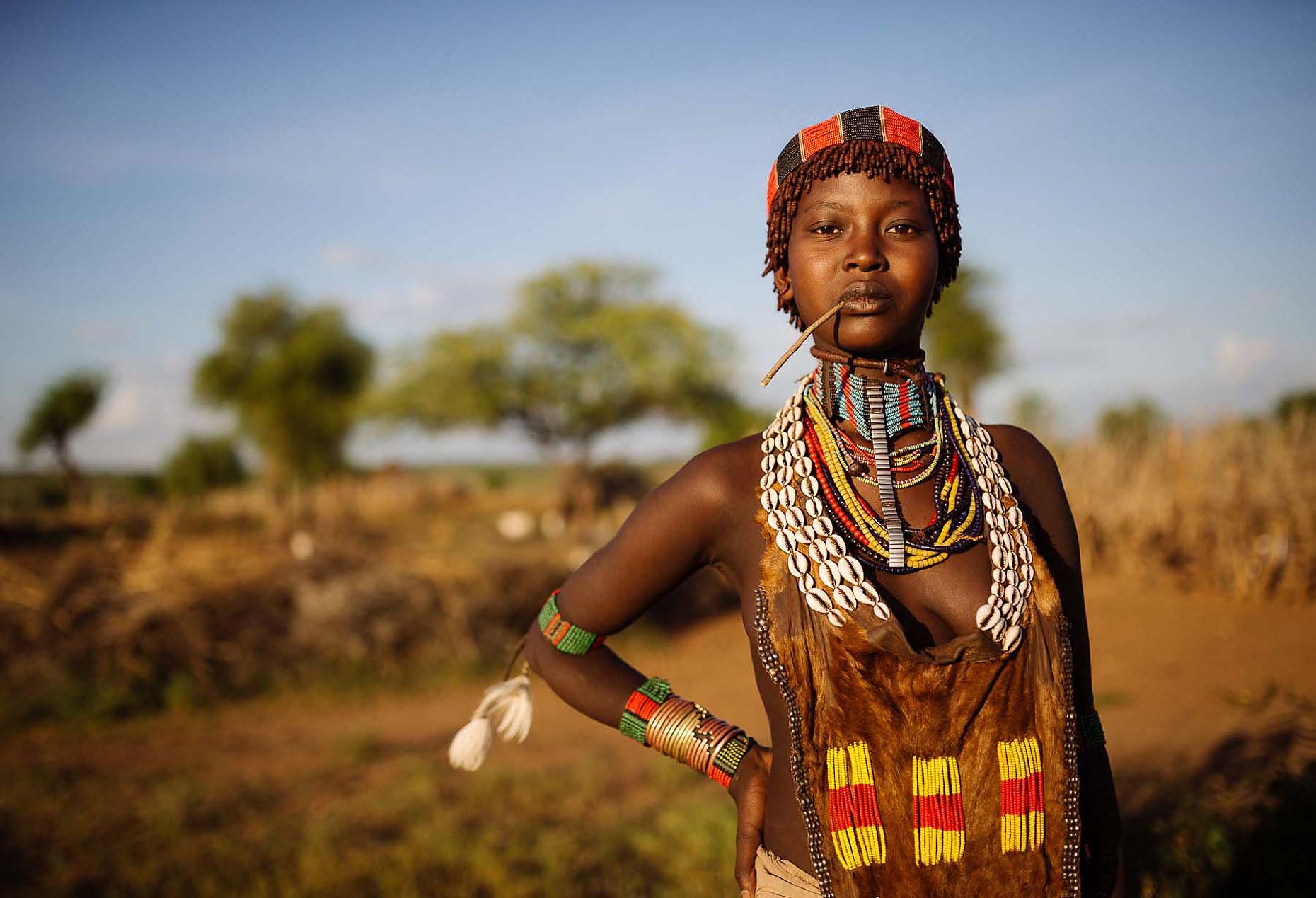The adventure activities and tours in Ethiopia are primarily made of the Dallol Depression which is one of the hottest places of our planet, mountainous places where one can trek in Ethiopia's popular and magnificent mountains, and national parks are known for their endemic wildlife, flora and fauna
My name is Habtamu Teferie. I am a qualified and licensed tour and trekking guide, specialized in organizing and guiding tours for individuals and small groups. It is my passion to explore remote mountain villages and encounter my country’s unique peoples, lifestyles and cultures.















